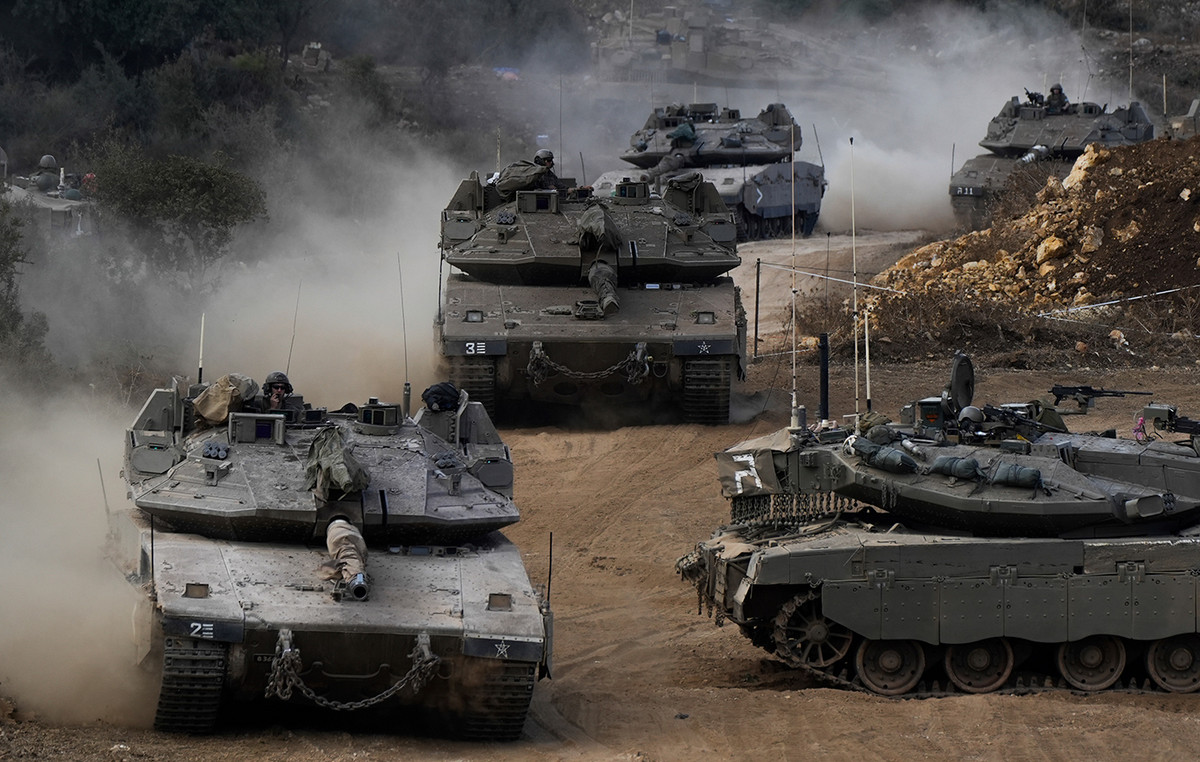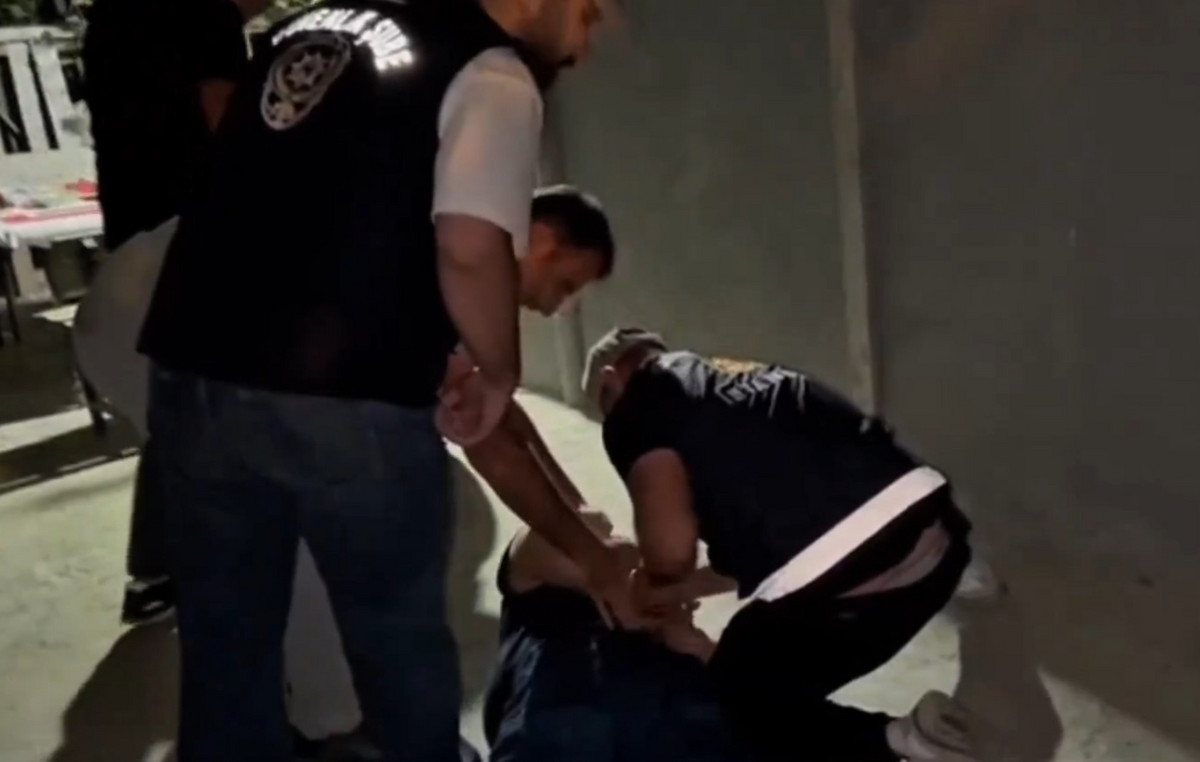«One morning a few weeks ago, two German tourists asked to see me. I showed them to a seat and they cut me short by asking where the meat we serve every day in the restaurants and hotels of Bressanone came from. I couldn’t understand where they were going with this until they concluded by saying that in the Isarco Valley and the nearby Pusteria Valley they hadn’t seen enough stables and pigsty to justify all the meat they consumed, and therefore they would never return on holiday here again. According to them, since they couldn’t guarantee the sustainability of the products, we didn’t deserve to be chosen». Werner Zanotti is the director of Bressanone Tourismhas been working for years in tourism innovation and turned that strange conversation into his own mantra.
How important is destination sustainability in our tourism choices?
“More and more. We perceive it every day even if there is no certified data yet. Everyone talks about sustainable tourism but today institutions and entrepreneurs still work without a system or a support network. Each operator decides on their own how to behave. That said, we are living in a moment of enormous awareness: we know that we will all become sustainable but we still don’t know how or when. There is so much disorganization and misinformation but we must be ready when the EU guidelines arrive, which cannot be waived.”
So what was the response to the two German tourists regarding the origin of the meat?
“South Tyrol has set a theoretical limit of 34 million tourist overnight stays and it is obvious that we are not able to produce as many meat dishes on our territory. We must certainly accustom ourselves and our guests to reduce their meat consumption, especially low-cost meat, and we must commit ourselves to offering high-quality and local meat.”
Do Italian tourists have the same sensitivity and attention as foreign tourists regarding sustainability issues?
“The average Italian tourist is very evolved. Sure, maybe a German is more fussy, the Italian is more flexible, but from the point of view of awareness on the topic today he is also more aware.”
There is a lot of talk about overtourism. What do you think about it? What are the solutions?
“We need to distinguish between overtourism and overcrowding, two phenomena that need to be managed and corrected differently. Overtourism is the sum of tourists who stay, and therefore sleep at least one night in the location. Overcrowding, on the other hand, considers all tourists present in the area, including those from nearby who arrive in the morning and leave in the evening. The first thing to do is therefore analyze the flows, case by case, to have as much data as possible to work on and then find different and specific solutions, from a limited number of people to access with private cars in the case of overcrowding. Generally speaking, however, I think I can say that, first of all, the well-being of residents comes: the local population is equally sensitive to queues and difficulties in moving around, to restaurant and supermarket prices that soar as well as rents. If residents are well, consequently the guests will also be satisfied.”
Can deseasonalization be a solution?
“Italian companies and schools should not be forced to close only in August. If we could choose to go on vacation all year round, there would no longer be problems with prices and overtourism. The pandemic, when there was a need for distancing, had created the right opportunity to change the system. Now we will be forced to do so, also because of climate change: it is hard to go to the seaside in Sicily, Sardinia or Calabria or to cities of art with very high and unbearable temperatures”.
Source: Vanity Fair
I’m Susan Karen, a professional writer and editor at World Stock Market. I specialize in Entertainment news, writing stories that keep readers informed on all the latest developments in the industry. With over five years of experience in creating engaging content and copywriting for various media outlets, I have grown to become an invaluable asset to any team.







